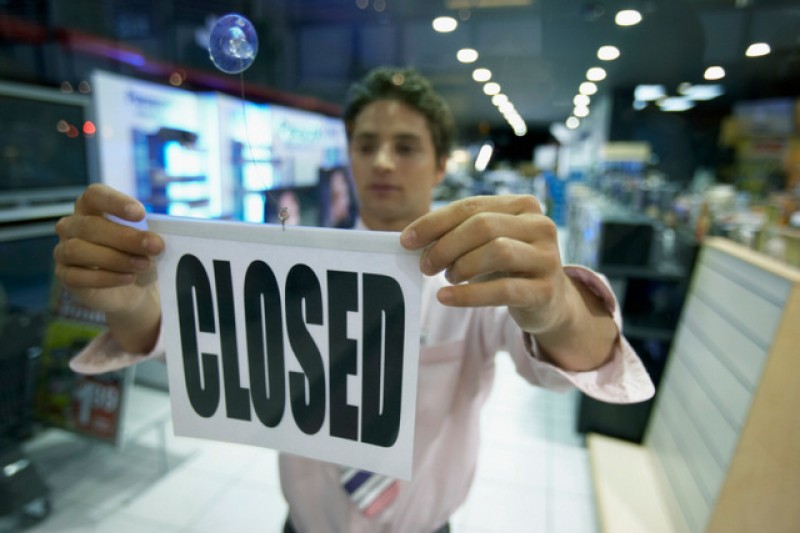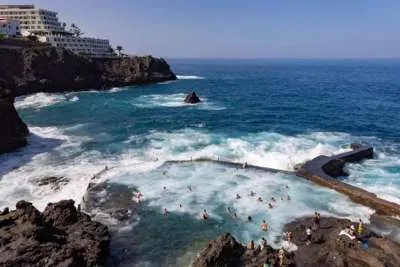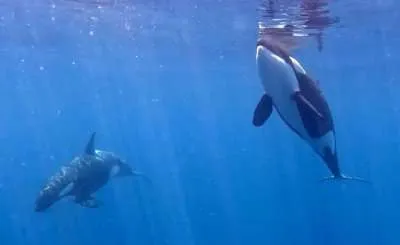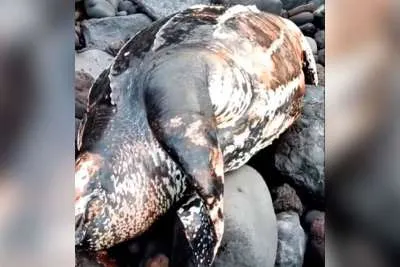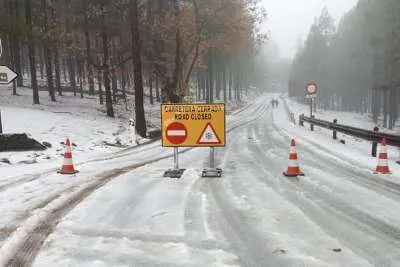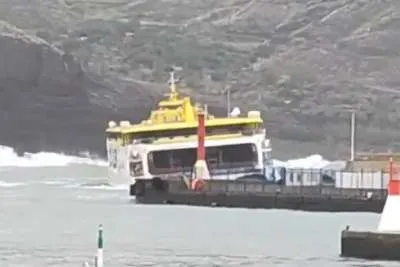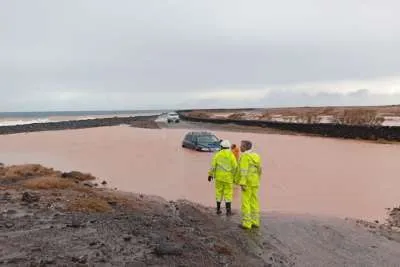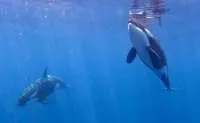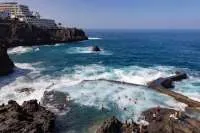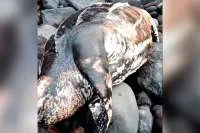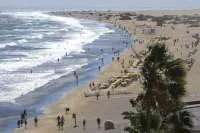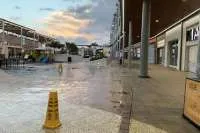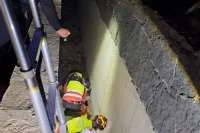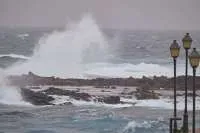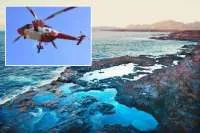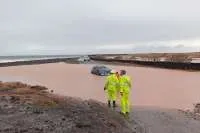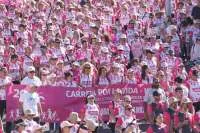Almost half self employed have closed their business but continue to be registered
- 15-02-2021
- Business
- Canarian Weekly
A total of 20,349 self-employed workers are currently claiming benefit for cessation of activity in the Canary Islands, a form of aid that the State Government launched in mid-March to help them cope with the losses derived from confinement.
It is estimated that almost half, around 10,000 of them, have already closed their businesses and won't reopen, even though they are still registered self employed and continue to pay social security.
The vast majority of these have returned their premises in which they operated to the owners, and have taken away the monthly rent because they are not going to continue with the activity.
However, they continue to be registered with the Social Security and contribute to this aid, which, as with the ERTE, will reveal the true extent of this crisis when they end.
Among these 10,000 autonomos who have closed and are still receiving the cessation of activity benefit, are practically all the businesses that almost year later are still closed in the south and tourist areas of the islands, and many others affected by the restrictions and sanitary measures adopted by the authorities due to Covid.
Initially, most of them thought that Covid was going to be a matter of a few months, and they applied for the aid in the hope of resuming their activity. However, the pandemic has lasted longer than anyone expected and has washed away their businesses, eaten up by losses and ongoing costs. And they have endured as much as they can supported by an aid that is around 500 euros net.
It is not the situation they want, much less the one they aspired to when they set up their businesses, but until the economy recovers and economic activity returns, "it is what it is," as a young self-employed who closed his business in March and resignedly points out. Today he is still waiting for things to improve while he collects the aid. When that time comes, your future will be re-thought.
The benefits for cessation of activity explain that the loss of self-employed in the Canary Islands was contained in 2020. Last year only 92 self-employed workers were lost, which is 0.1%, according to data from the Association of Self-Employed Workers of the Canary Islands (ATA) .
2021 has started in a very negative way and January lost almost 500 self-employed less in a month, and this year is anticipated as a year of massive destruction of entrepreneurs. However, the Government's decision to extend the aid for cessation of activity and to make the conditions for accessing them more flexible from February 1st, suggests a brake in casualties and has led toa barrage of requests for the benefit.
The president of ATA in the Canary Islands, Juan Carlos Arricivita, estimates that around 80,000 self-employed workers out of the 128,588 currently registered in the islands will benefit from the aid given the severity of the crisis. It is estimated that half of the island's self-employed have suffered a drop in turnover of more than 60% and with this income the activity becomes unviable.
"As with the ERTE, the Canary Islands is one of the regions in which the number of self-employed benefiting from aid will grow the most. The economy has completely stopped" says Arricivita, who points to the islands of Lanzarote and Fuerteventura as the most affected by the pandemic and the economic crisis.
“It is many months now, and each day that passes the scheduled date for recovery is delayed. We do not believe that it will be in summer, when there will be strong competition and air connectivity will continue to be affected, so in the best of cases we are looking to October or November," says the president of ATA in the Canary Islands.
He added that the benefit for cessation of activity is a support, but it is insufficient to save the self-employed who are going through a serious problem of solvency to move forward. "In less than a year they have gone from being solvent and having a liquidity problem to having a solvency problem," he says.
Arricivita claims direct aid is needed to prevent the 10,000 self-employed who will not return to activity after Covid, from multiplying by three. “All the productive fabric that is destroyed now, will take years to recover. It is necessary that the administrations get involved and do everything they can to help the self-employed and the employment generated by them," he says.
According to him, the effort must come from the State, the regional government, councils and city councils, which, in his opinion have "done little" so far. In this sense, he considers that the measures adopted by the Government of the Canary Islands are insufficient. "What is the use of deferring tax payments if there is nothing to pay them with?" he wonders. In the same way, he regrets that the municipalities have not applied exemptions in the payment of fees and taxes.
Other articles that may interest you...
Trending
Most Read Articles
Featured Videos
A Vision of Elvis Tenerife Promo
- 10-05-2025
TEAs 2025 Highlights
- 17-11-2025


